Banned Books Week was created in 1982 in response to a sudden surge in the number of challenges to books in schools, bookstores and libraries. Unfortunately, the United States is in the middle of another rise in book censorship and challenges to intellectual freedom.
This Banned Books Week, Bucks County Free Library share some of their favorite titles that have been targeted for removal or restriction in libraries and schools across the country. You’ll find these titles in Bucks County Free Library’s branches and on the Banned Books Week shelf on cloudLibrary.
You can support intellectual freedom by borrowing, reading, and sharing these books with others. Want to do more? The American Library Association’s Banned Books Week website offers additional ways to get involved.
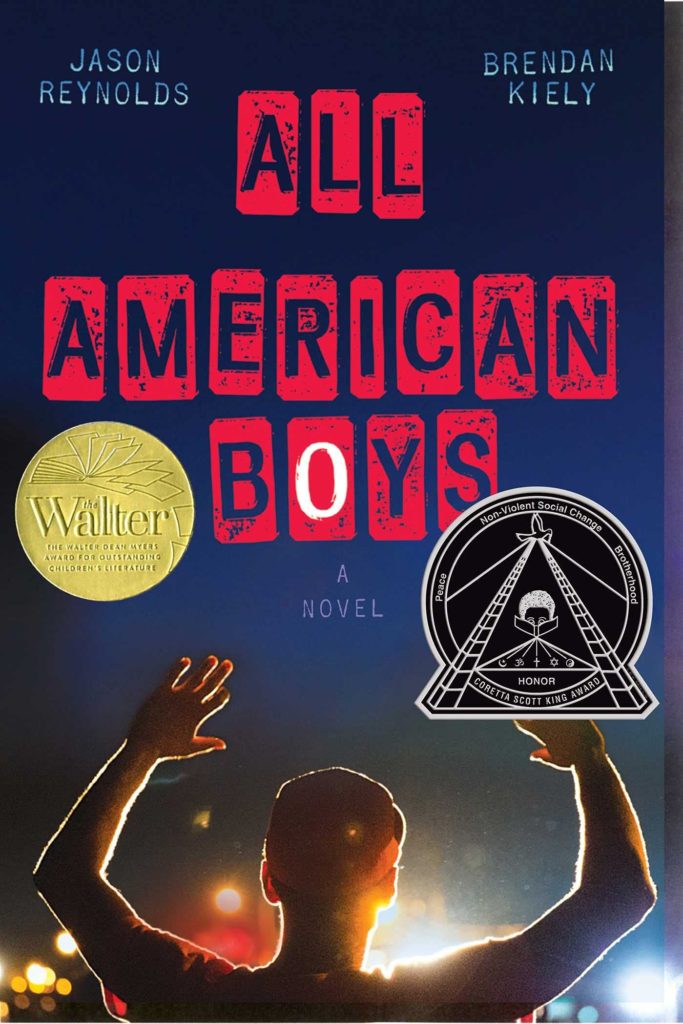
All American Boys by Jason Reynolds and Brendan Kiely
“This novel tackles a provocative subject: police use of excessive force against African American men. In this case, the young man is Rashad, a Black high school student, who is brutally beaten by a police officer who (wrongly) believes he committed a crime. All American Boys recounts the consequences of this beating not only for Rashad but for a white classmate, Quinn. What makes this book unique is that it is told from both boys’ perspectives by two different authors: Reynolds (who is Black), and Kiely (who is white). An interesting and moving book.” Pat, Yardley-Makefield branch
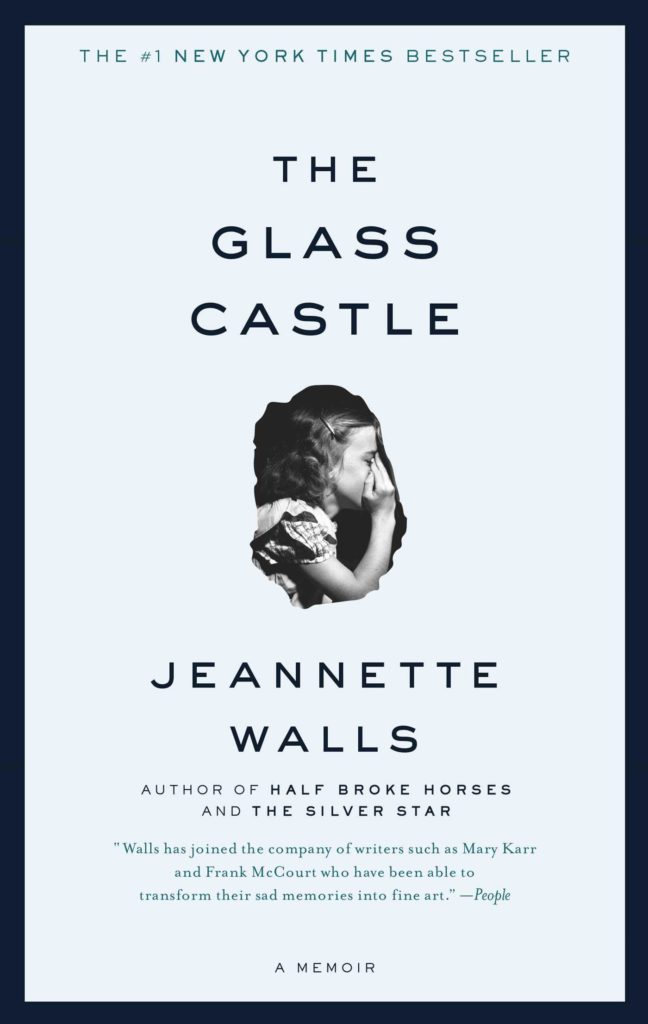
The Glass Castle by Jeanette Walls
“Jeanette Walls’ memoir is her story of perseverance and triumph from an unstable family with an alcoholic father and a mother struggling with mental illness. This book was not meant to be an easy read; it was written so the author could tell the world her story of resilience and survival against all odds.” Kathleen, Collection Management
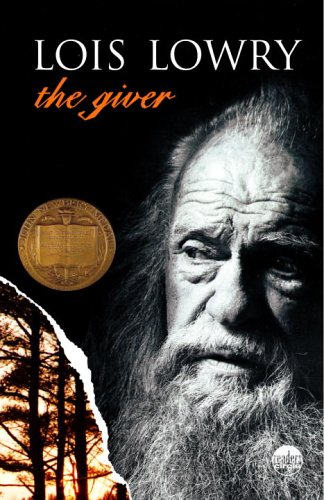
The Giver by Lois Lowry
“Though the language of The Giver is simplistic by choice, the themes of conformity and the drastic measures taken to ensure it are much more complex. This banned book is one that parents and kids can read and discuss together — even 29 years after its initial publication, the story still resonates today.” Melissa, Doylestown branch
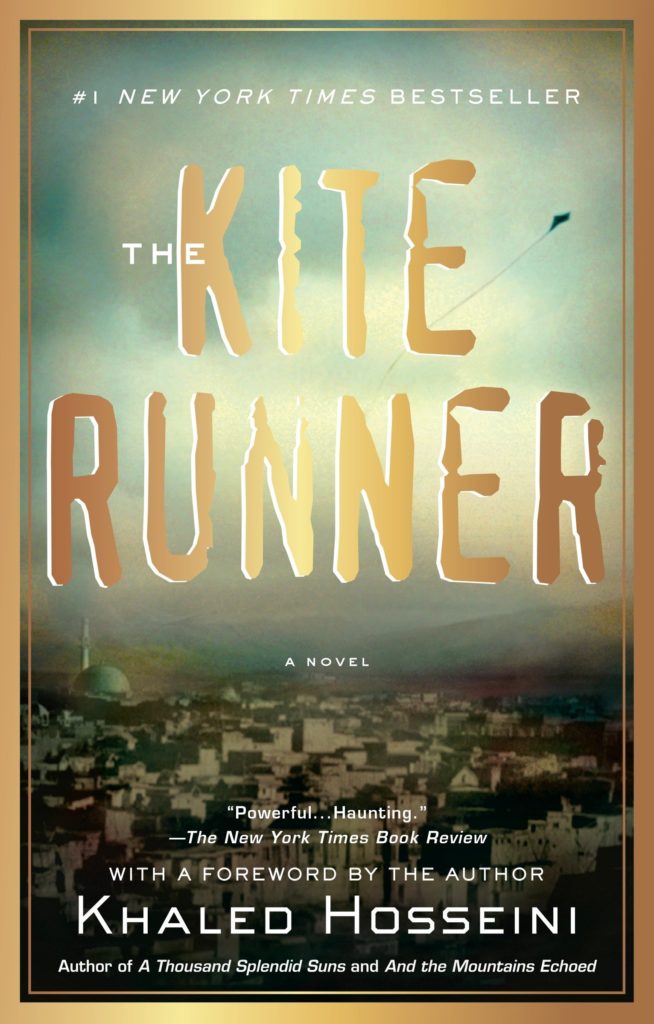
The Kite Runner by Khaled Hosseini
“Listed as one of the most challenged books by the American Library Association, The Kite Runner is often targeted for offensive language, sexual violence and religious viewpoints. The novel follows the story of Amir and Hassan, two boys on the opposite ends of society in 1970s Afghanistan. It then transitions to the 1990s where, after becoming a successful novelist in the United States, Amir must return to Afghanistan and confront his childhood betrayal of Hassan. A beautifully written story about honor, guilt and redemption, this novel is sure to stay with you for years.” Houda, Langhorne branch
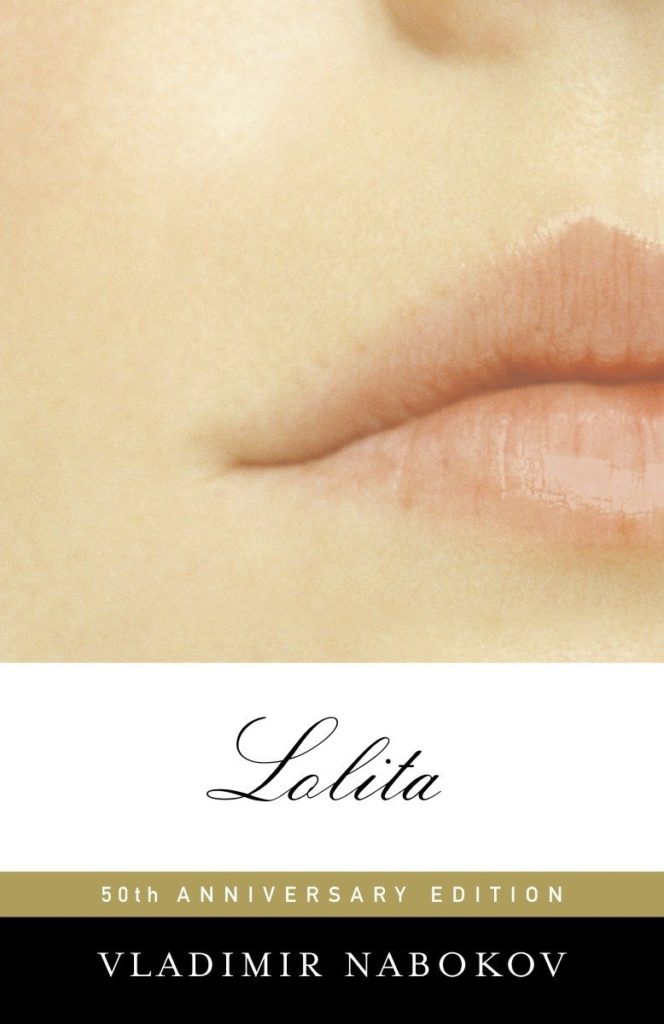
Lolita by Vladimir Nabokov
“Lolita has captivated and shocked readers for more than sixty years. The book is unreliably narrated by a man who sexualizes and obsesses over a young teen while calling it love. The book’s unique subject matter, ornate prose and lasting cultural impact make this a complicated classic.” Charlie, Doylestown branch
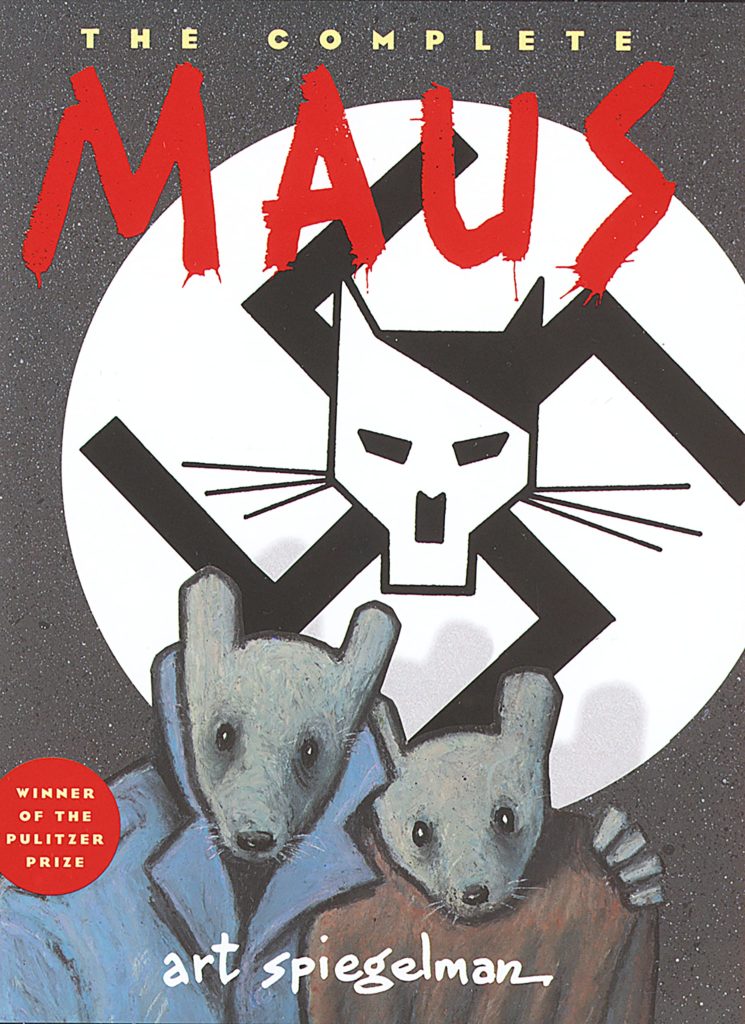
Maus by Art Spiegelman
“Art Spiegelman’s Maus, the only graphic novel ever to win a Pulitzer prize, was removed from the eighth grade curriculum of a Tennessee school last January. According to author Spiegelman, anti-Semitism was not the cause. “They want to teach the Holocaust,” he says. “They just want a friendlier Holocaust to teach.” At least one of the school board members who voted for removal had not read the book. Is Maus inappropriate for thirteen-year-olds? Read the book. Decide for yourself.” Alison, Langhorne branch

Melissa by Alex Gino
“This book used to be called George, as did its protagonist. Melissa is a transgender girl whom the world perceives and treats as a boy. The book’s retitling mirrors the transformation depicted in the story. Melissa comes out when she wants to follow her passion and play the part of Charlotte in the school production of Charlotte’s Web. We all have parts of us that other people may not understand and want to silence. This book champions the right to not let the opinions of others and their judgment define you.” Brian, Quakertown branch
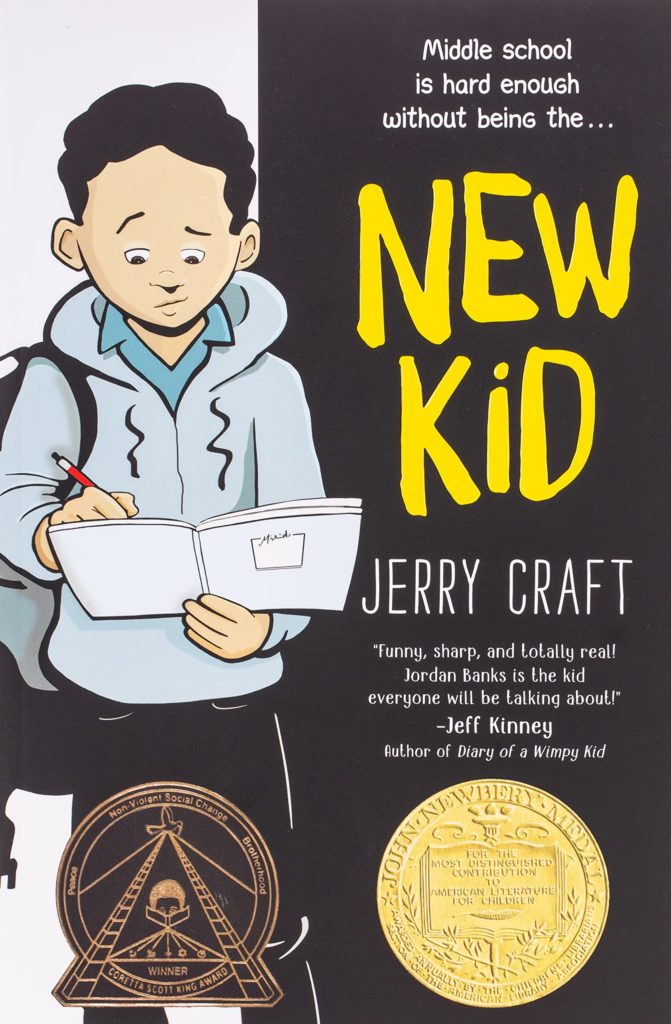
New Kid by Jerry Craft
“Seventh-grader Jordan Banks wants to go to art school. Instead, he finds himself at an upscale private day school where he is not only the new kid, but one of the few kids of color. With sketchbook in hand and the support of family and friends, Jordan just might make it through all the challenges and surprises this school year has in store. Full of humor and heart, this book is perfect for fans of Diary of a Wimpy Kid and books by Raina Telgemeier. Also check out the sequel, Class Act.” Emily, Quakertown and Perkasie branches
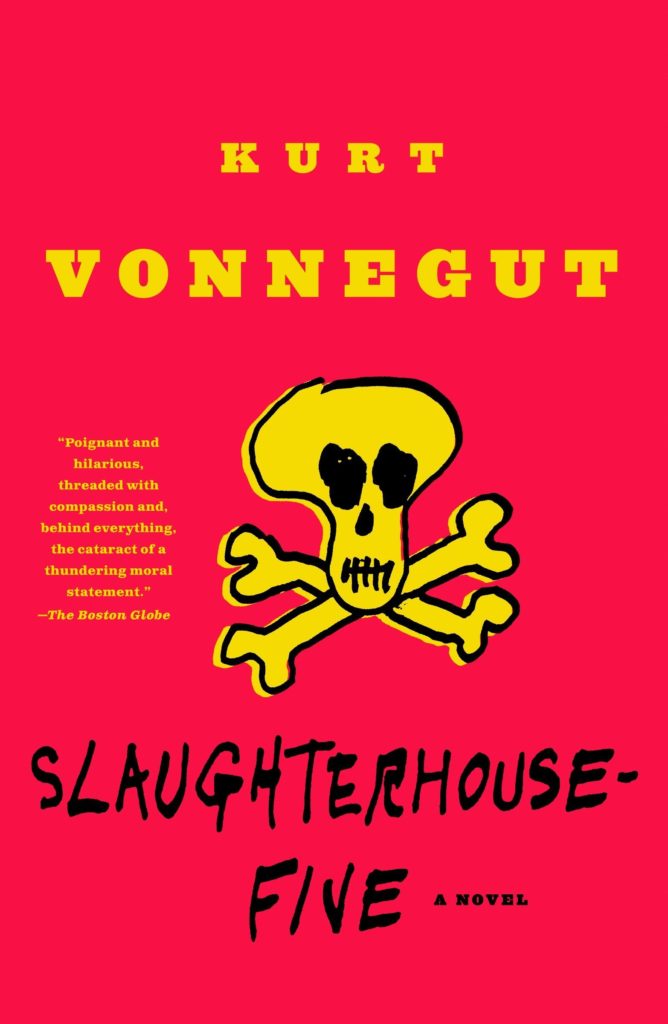
Slaughterhouse-Five by Kurt Vonnegut
“In Vonnegut’s anti-war masterpiece, we see a transcendent world through the eyes of Billy Pilgrim—a survivor and POW of World War II and a fictional stand-in for Vonnegut and his own experience. The pain and damage of war is uniquely shown through irreverence, humor, time traveling and aliens. Gut-busting laughs and suffocating tragedy live in unmatched harmony.” Adam, Administration
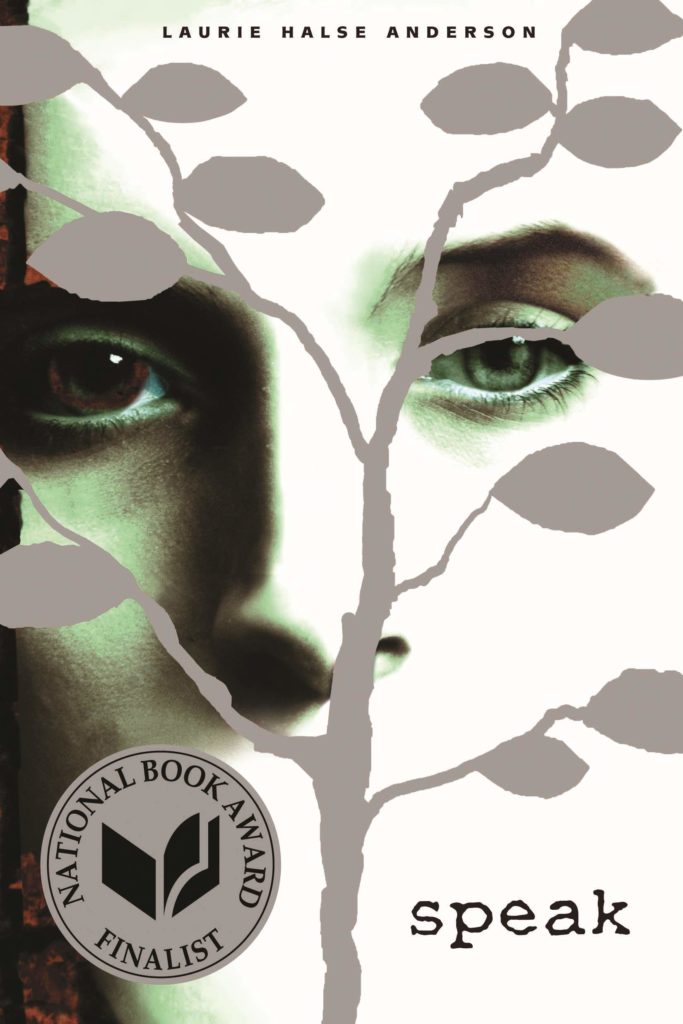
Speak by Laurie Halse Anderson
“Speak is one of the most frequently challenged books dealing with a sexual assault and its aftermath on a high school freshman. Although published 23 years ago, the book’s theme of resilience is as important today as it was back in 1999. It’s important that we hear the voices of survivors. Banning this book only serves to silence those with similar stories.” Holly, Collection Management
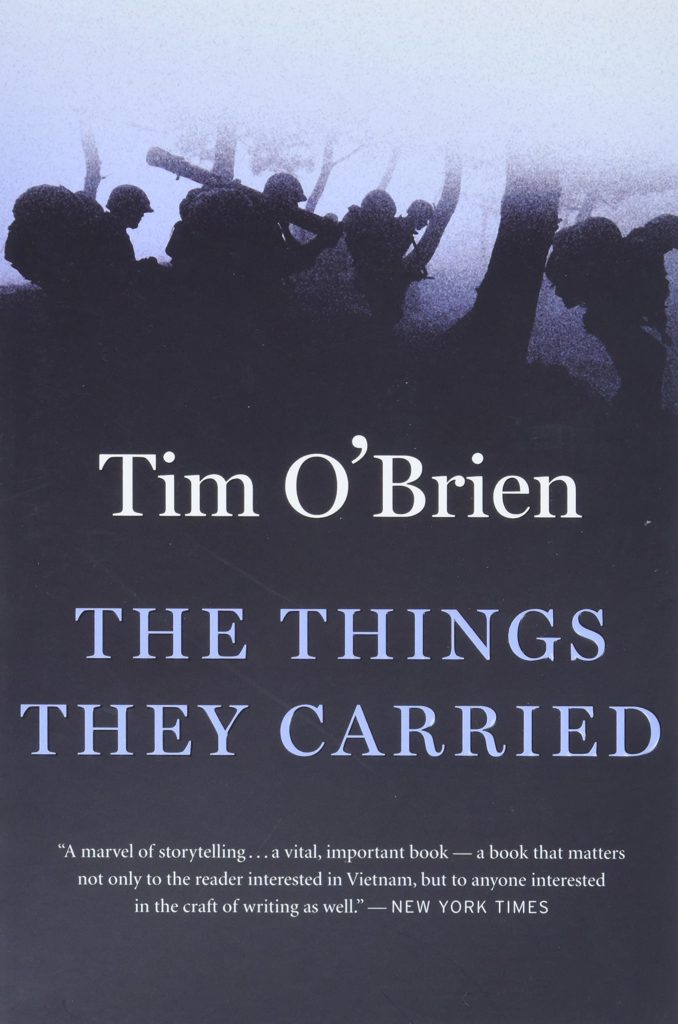
The Things They Carried by Tim O’Brien
“This is one of my all-time favorite books. It taught me that sometimes telling a lie can make fiction more truthful in the end. Here, O’Brien twists reality to tell a pseudo-memoir about the Vietnam War that feels more true than any book of facts.” Katherine, Yardley-Makefield branch
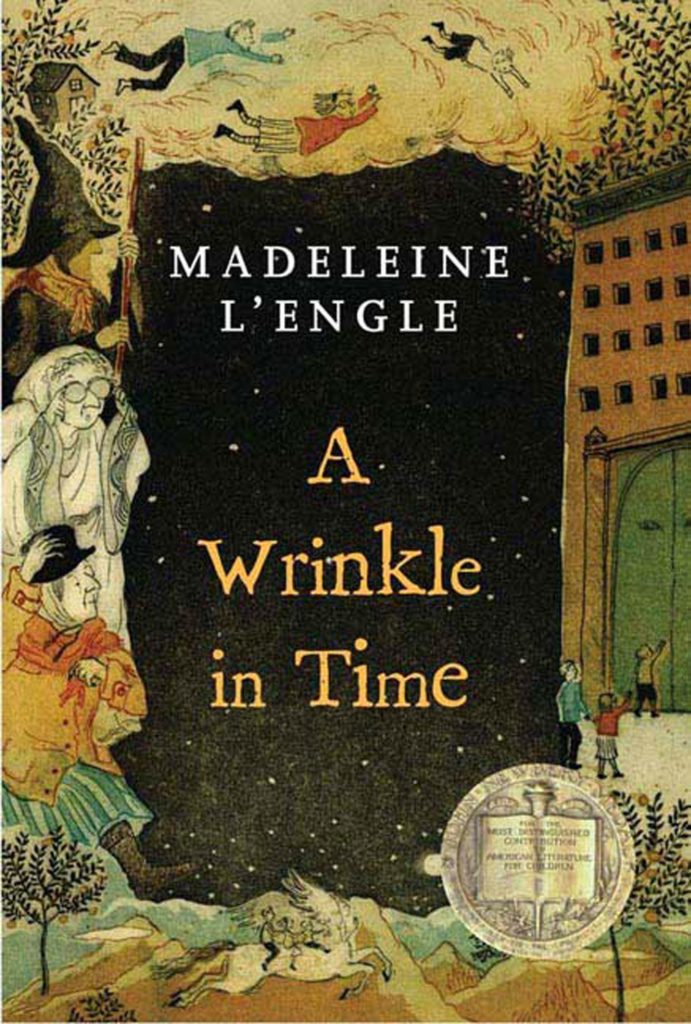
A Wrinkle in Time by Madeleine L’Engle
“I read A Wrinkle in Time in fifth grade and I loved it! Obviously, at that time, I wasn’t aware of the controversy or that it is one of the most frequently banned or challenged books. As an adult, I re-read it and found that it still resonated with me.” Anitta, Yardley-Makefield branch

